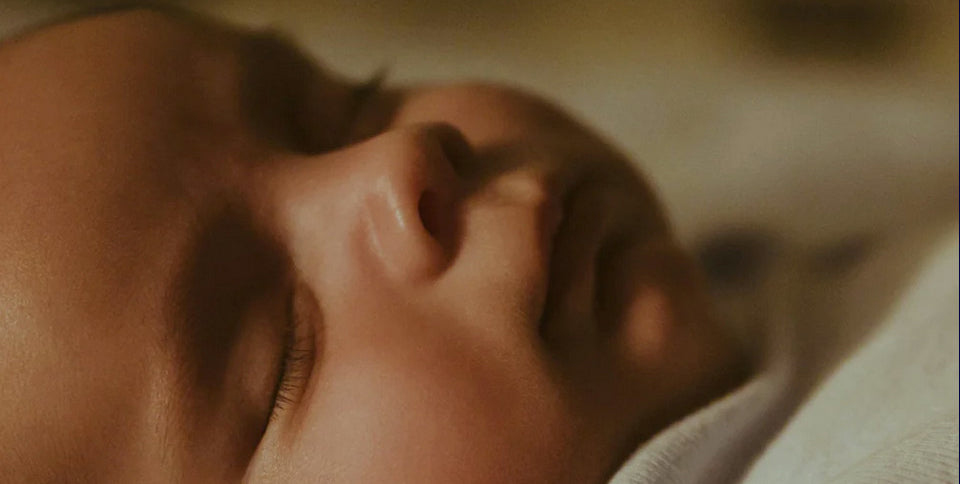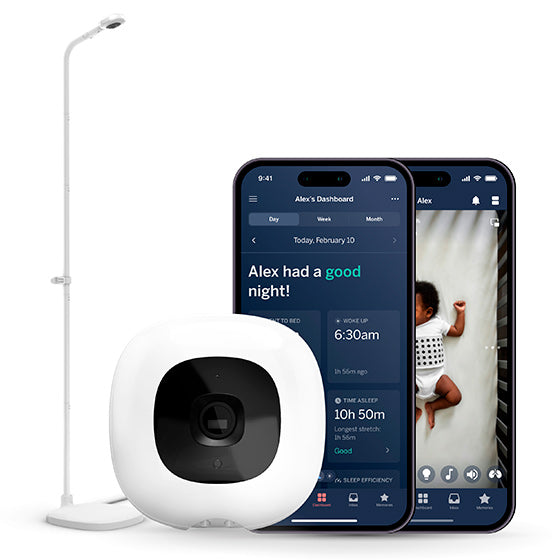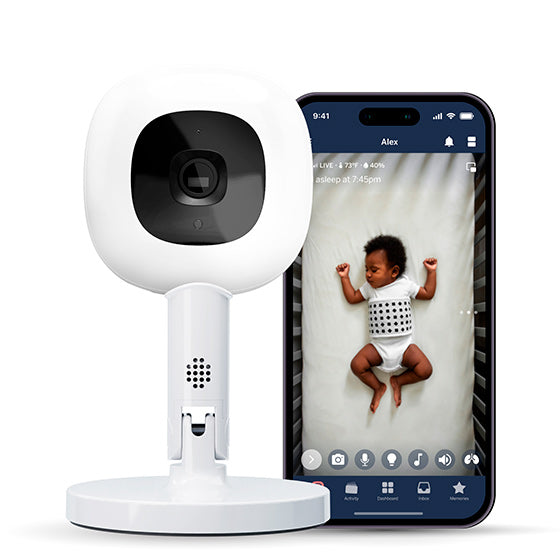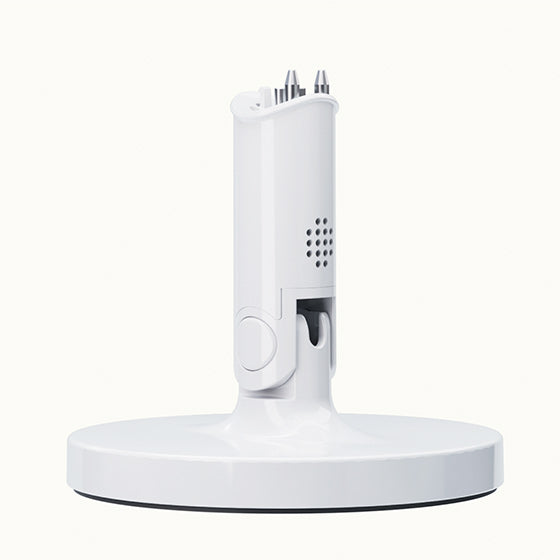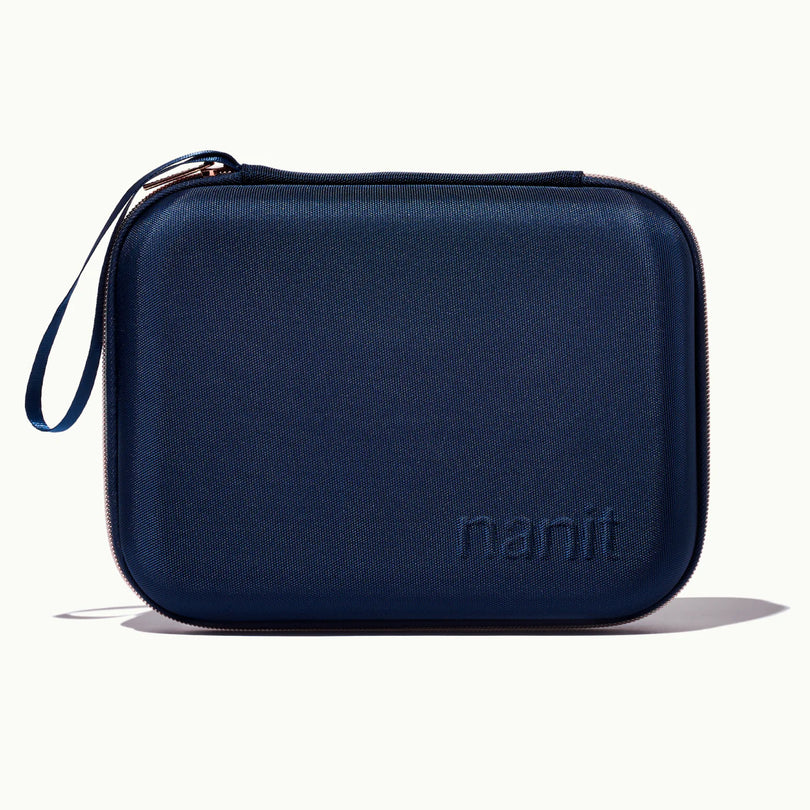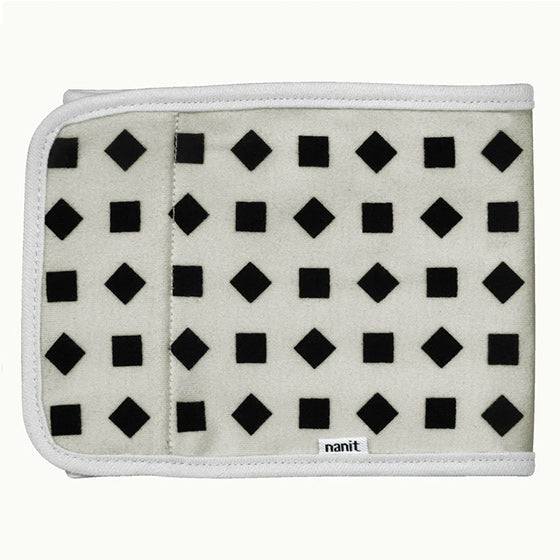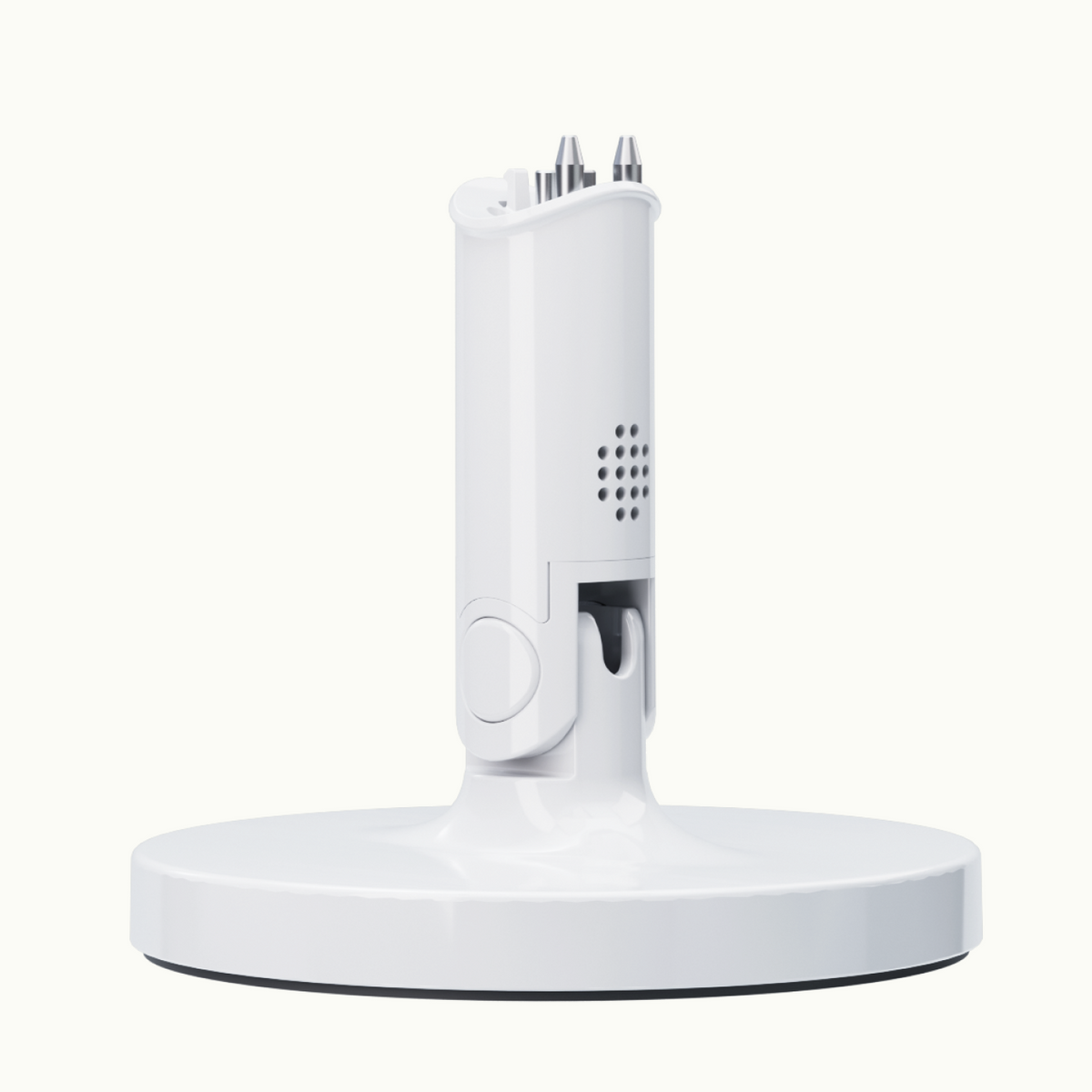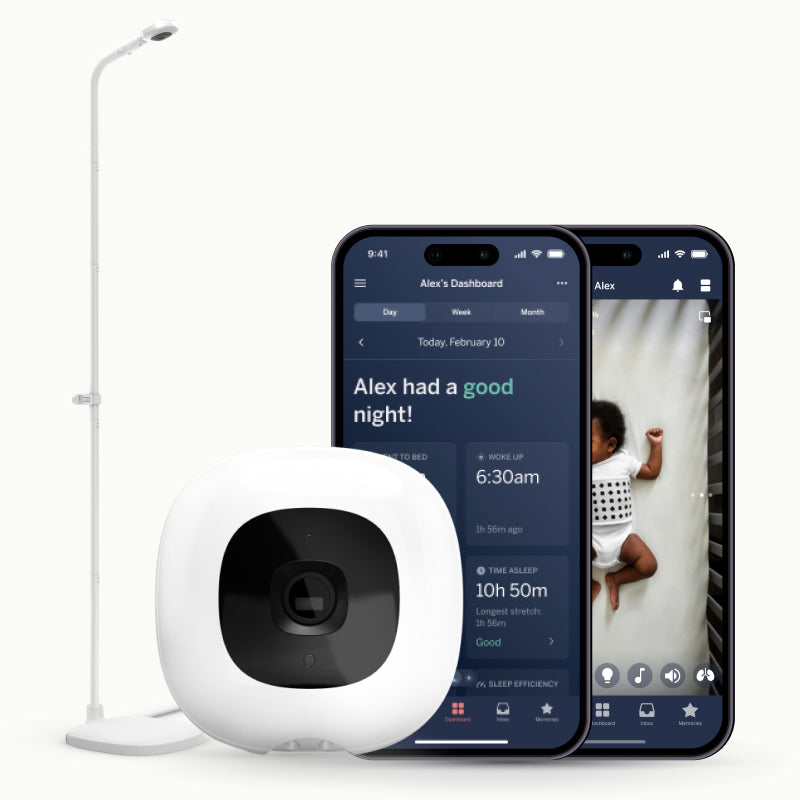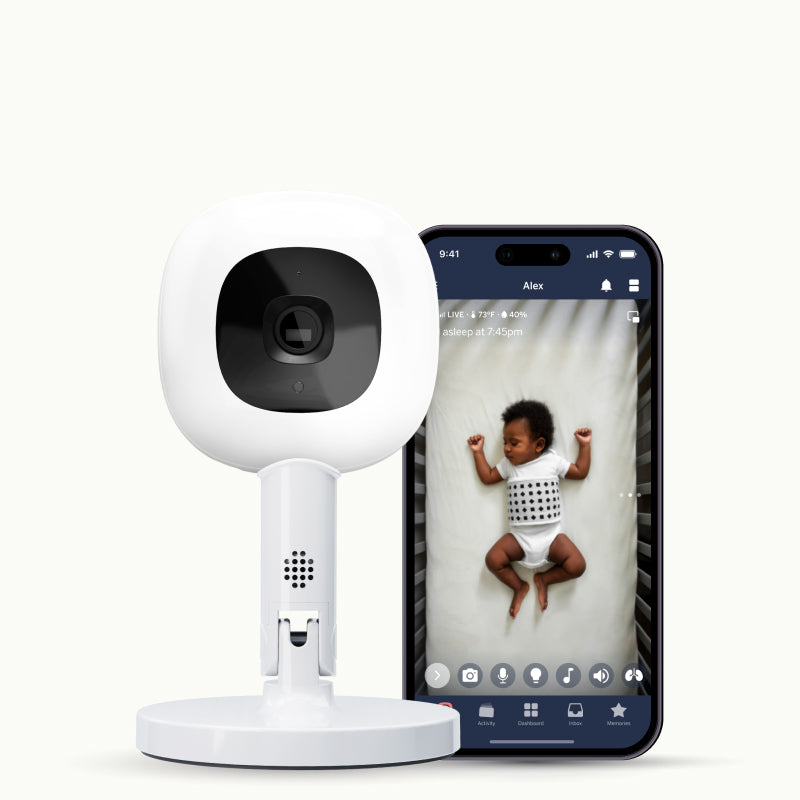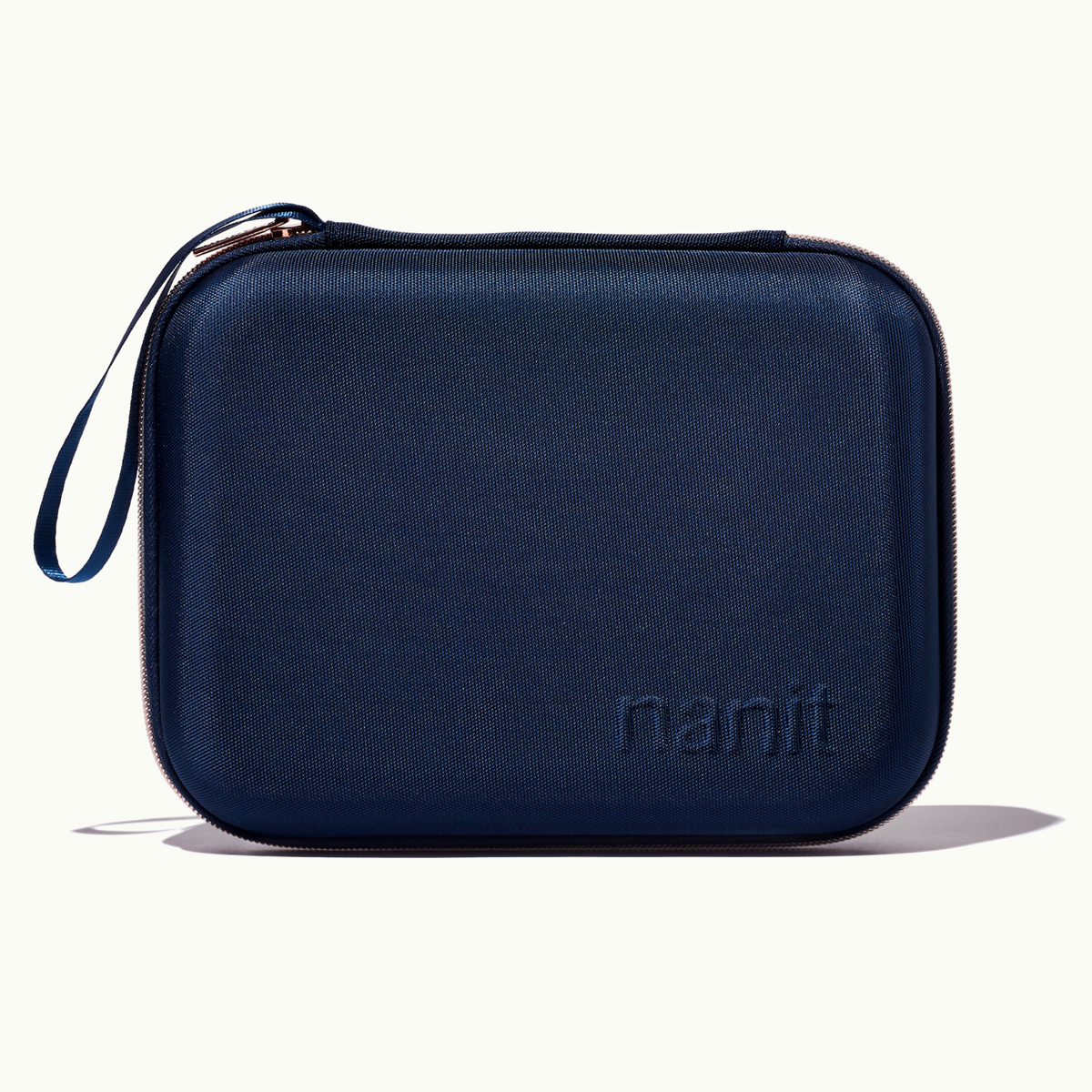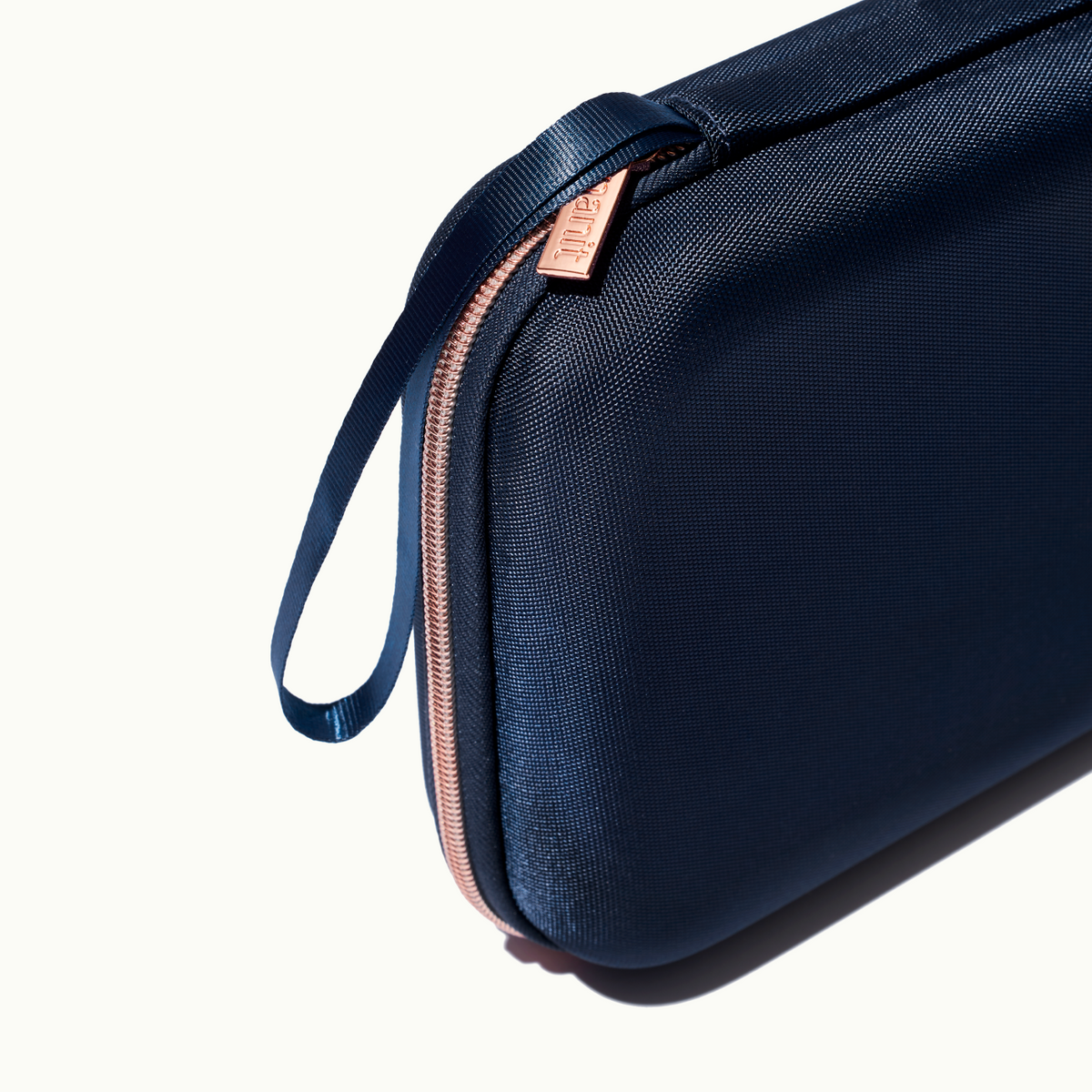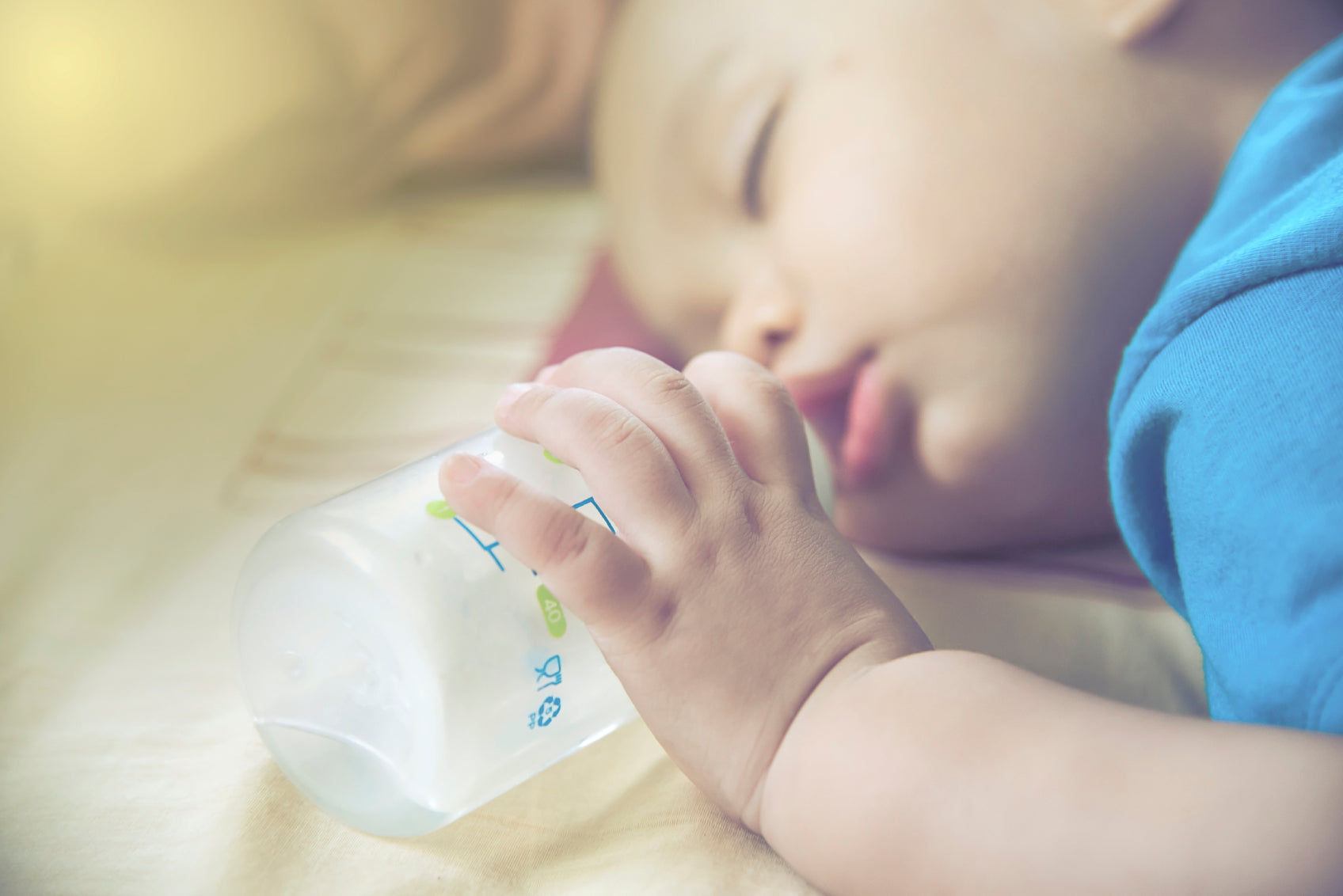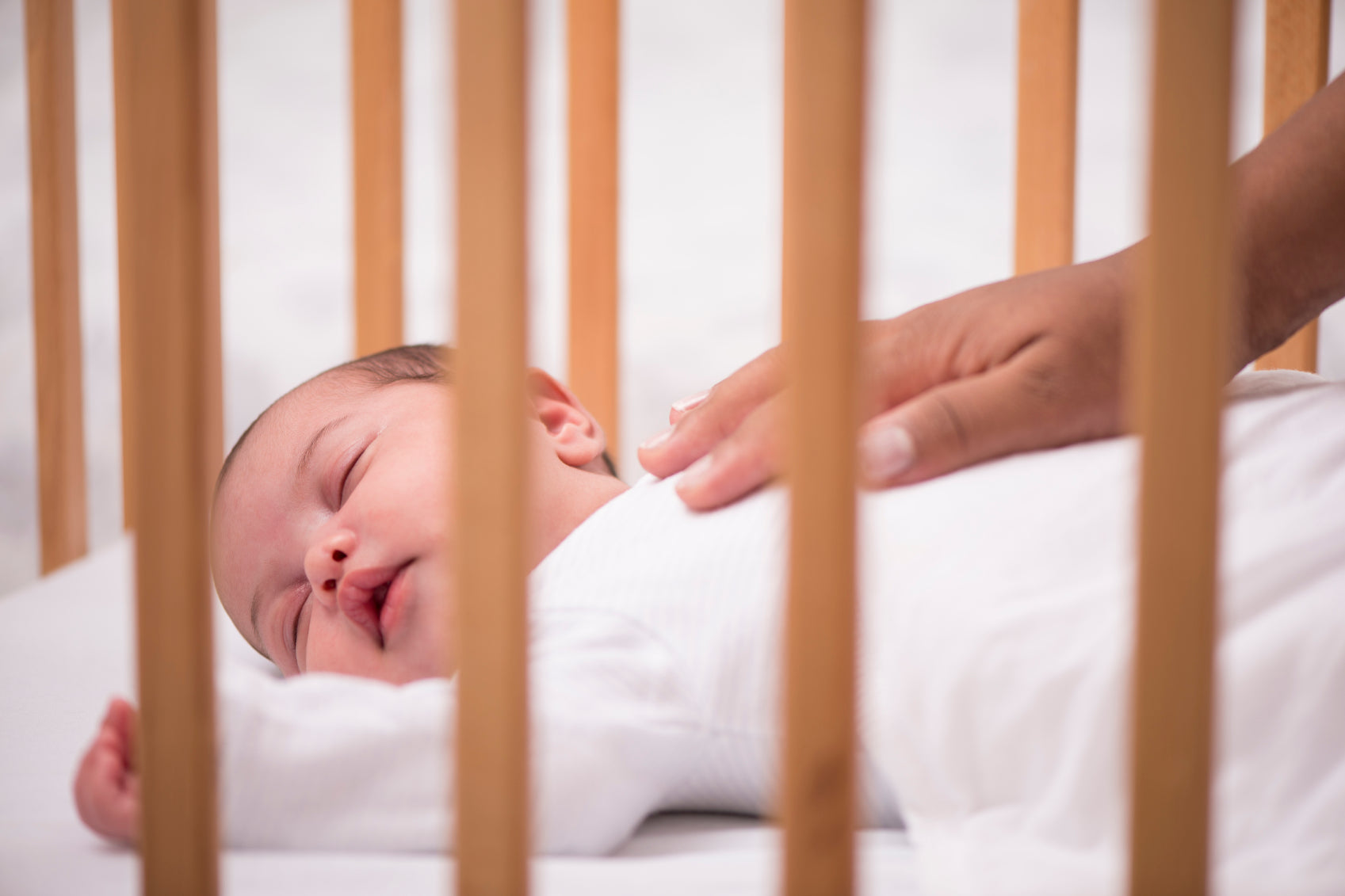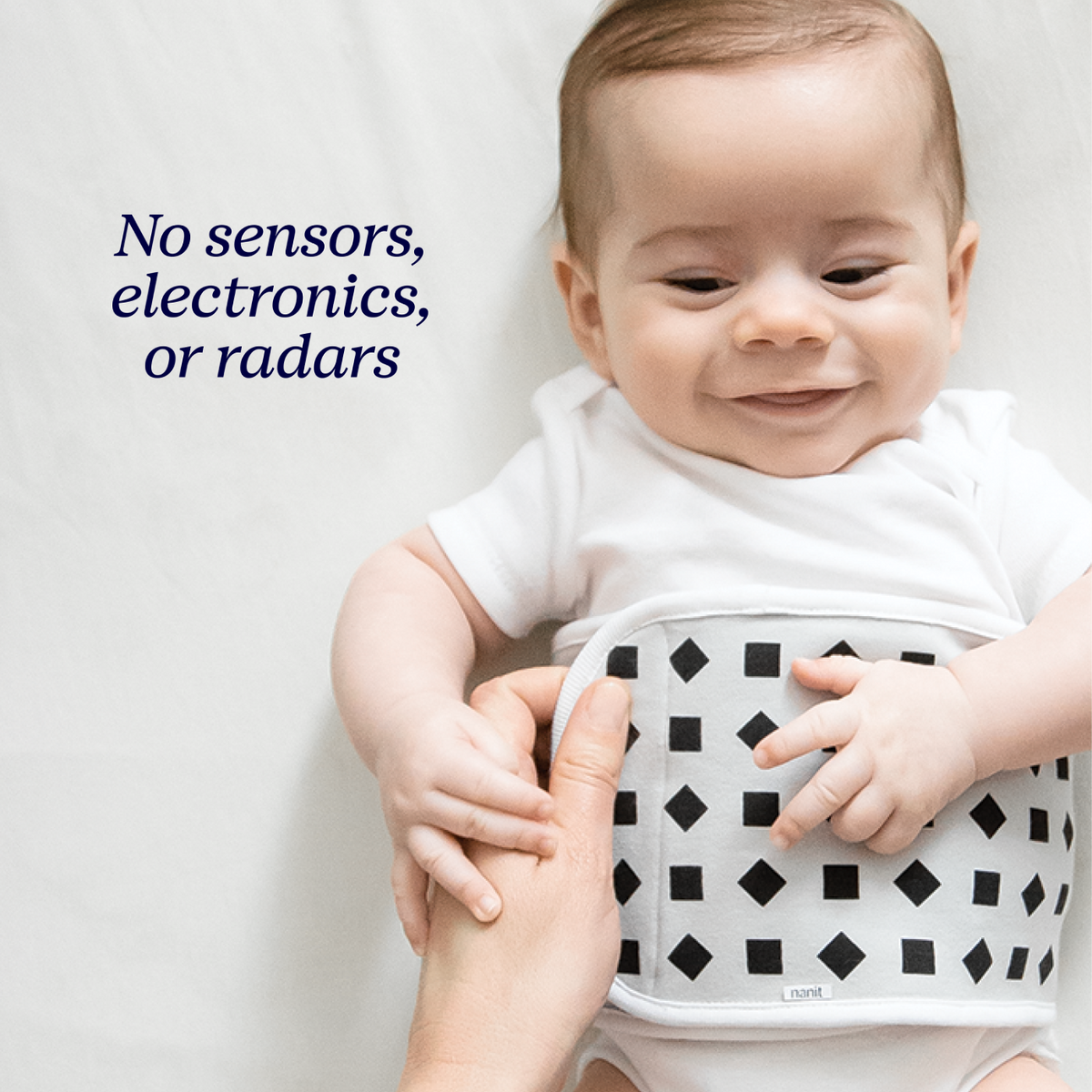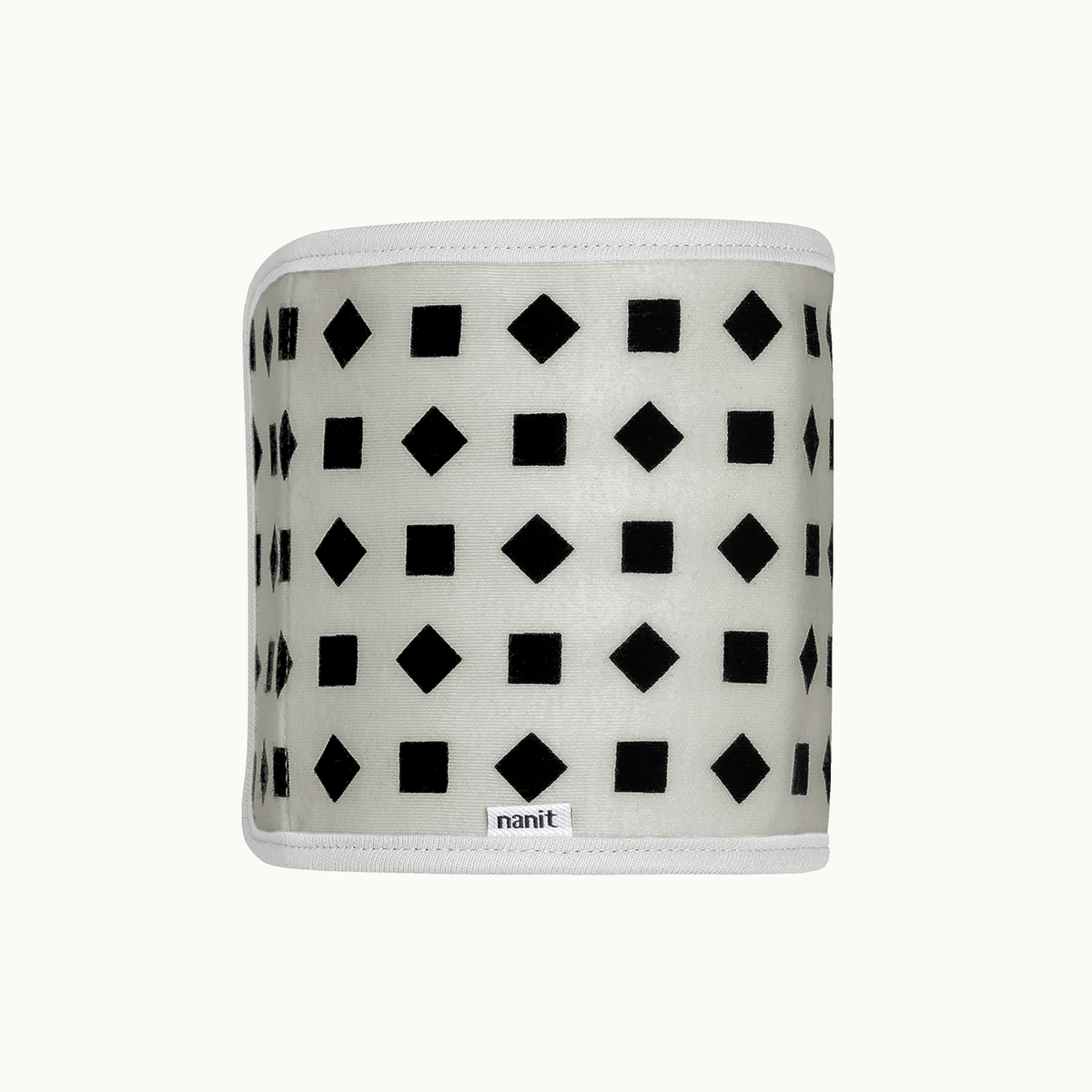It’s a question that can keep you up at night, even rudely interrupt your favorite dream about baby’s soul-stirring Nobel Peace Prize acceptance speech – what exactly is the right amount of sleep for baby?
Every child is different, so sleep needs can vary based on personality, genetics and environment, says Dr. Haviva Veler, director of the Weill Cornell Pediatric Sleep Center. It’s the same with adults. Some survive on 6 hours of sleep. Others turn into zombies without a full 9 hours and a few leisurely naps.
In general, though, children should get, “as much sleep as they need to be productive and not tired during the day,” Dr. Veler says. Keeping that in mind, we put together some sleep guidelines incorporating Dr. Veler’s suggestions and recommendations from the National Sleep Foundation. That way your little snoozer gets the best sleep possible (and is one step closer to that Nobel Peace Prize).
Sleep Needs by Age
Newborns (0-3 months): 14-17 hours of sleep
- Sleep times are irregular and can go anywhere from minutes to hours
- Awake times range from 1-3 hours
Infants (4-11 months): 12-15 hours of sleep (9-12 hours at night: 1-4 naps lasting 30 minutes-2 hours)
- Sleep training can begin around 4 months
- After 6 months, infants should be able to sleep up to 12 hours at night without waking to feed
- Naps will decrease over time
Toddlers (1-2 years): 11-14 hours of sleep, mostly at night
- Around 18 months, naps can decrease to once a day, lasting 1-3 hours
- Sleep issues addressed in the infant stage may pop up again, including unwillingness to sleep and waking up in the middle of the night
Preschoolers (3-5 years): 10-13 hours of sleep, mostly at night
- The move from crib to bed often occurs around 3 years
- Naps can stop around age 5
- Nightmares are common due to active imaginations
Premature babies (born before 37 weeks): Sleep varies
- May appear sleepier and have fragmented sleep due to frequent feeds, acid reflux, heartburn or sleep apnea
- To determine the sleep needs of preterm babies, subtract the number of weeks or months they were born premature from their current age. For example, a 6-month-old born 3 months early would have the same sleep needs as a 3-month-old

